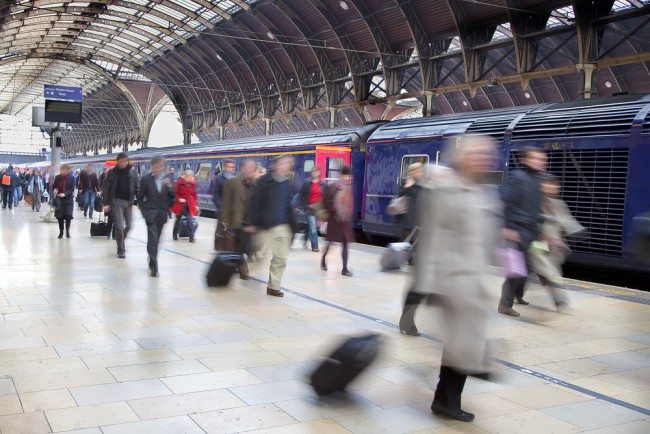The chief executive of the high-speed route is considering proposals to spin off individual lines to investors and introduce an agency to oversee the industry at arm’s length from government. It would have similarities with the Strategic Rail Authority, which was disbanded in 2006 after criticism from the rail industry and government ministers.
The Treasury is keen to drive through structural changes at Network Rail, which runs tracks, signals and stations, particularly since the Office for National Statistics reclassified its debts to the public sector in 2014. That has landed the chancellor with £38 billion more borrowings, and debts are forecast to hit £50 billion by 2019.
Network Rail’s failure to deliver on a £38 billion upgrade has raised questions about how to improve the organisation, including the Shaw report into the “future shape and financing” of the company.
Ms Shaw is thought to have identified key routes, including Greater Anglia, Essex Thameside and Wessex as potential candidates to be separated from Network Rail and sold outright or, more likely, let to outside investors as long-term concessions, similar to HS1.
That would signal a more radical shake-up than the one already being implemented by Mark Carne, Network Rail’s chief executive. Having inherited the mess of the upgrade programme, he has been trying to make the operator more responsive to customer needs by dividing it into eight units, largely based on the main routes.
Mr Carne has not ruled out spinning off one or more of the routes as a concession, partly to improve the accountability of the rest of Network Rail. He also has discussed ways of allowing each of the eight parts to compete for external funding for projects, either from the private sector or from newly empowered local authorities.
Network Rail sources said that the company was seeking to “keep the best of both worlds”, by mixing the buying power of a national organisation with a more commercial approach from each of the operating units.
Carne is known to believe that significant efficiencies flow from having a central body buying such things as millions of tonnes of rail, steel, stone and timber each year, while maintaining national standards over IT and safety.
The Shaw report, expected to be published in the run-up to the budget on March 16, is likely, too, to raise questions over the future of rail regulation.
In an answer to a parliamentary question, Claire Perry, the transport minister, reiterated that the transport department’s review of the Office of Rail and Road, its independent regulator, was running parallel with the Shaw report and would end by next month.
Network Rail was created by Labour in 2002 after its controversial decision a year earlier to force Railtrack into administration. Until 2014, Network Rail was nominally a private company but was able to raise money only because its debts were guaranteed by the taxpayer.


